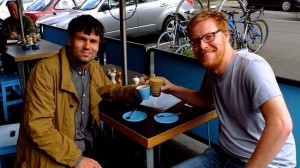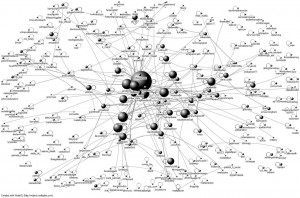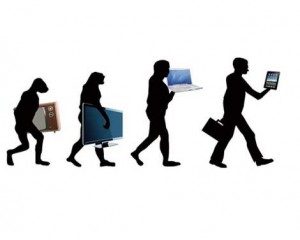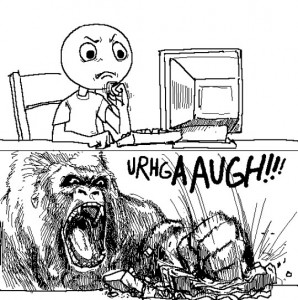Starting just a few week ago, Melbourne student Matt Kulesza developed the ‘1000+ Coffee’s Project’ in an attempt to break the ‘strange effect’ social media has had on today’s society. “I find it hilarious how in uni lectures if we’re waiting for the lecturer to arrive, everyone is on their phones, totally silent.” Reading this article and thinking back to my classes and lectures from this, and last week, and really to all my uni attendance this year, I can honestly and disconcertingly admit that Matt is pretty spot on. This makes me seriously question whether this because there is just so much to do on the internet now from social networking to reading the news, or because we no longer know how to approach someone for no apparent reason beside the hope for a engaging conversation.
For Matt, this everyday occurrence has gone too far so he has decided to take it upon himself to ‘bring back the talk’ and meet up for a coffee with every single one of is 1088 online friends. “No one is taking up that opportunity to talk to people or network”
I worry now that I see this as a brave thing to do. Am I alone here? I have too have over 1,000 friends on Facebook but I don’t have that many friends that I would realistically catch up and laugh with or confidently confide in. Has the extensive networked system that the internet functions off created a divide thats too big between the online and offline worlds?
I know it’s not on the same level, but heres my effort...monique, claudia, and giorgia I hereby invite you guys for coffee!



